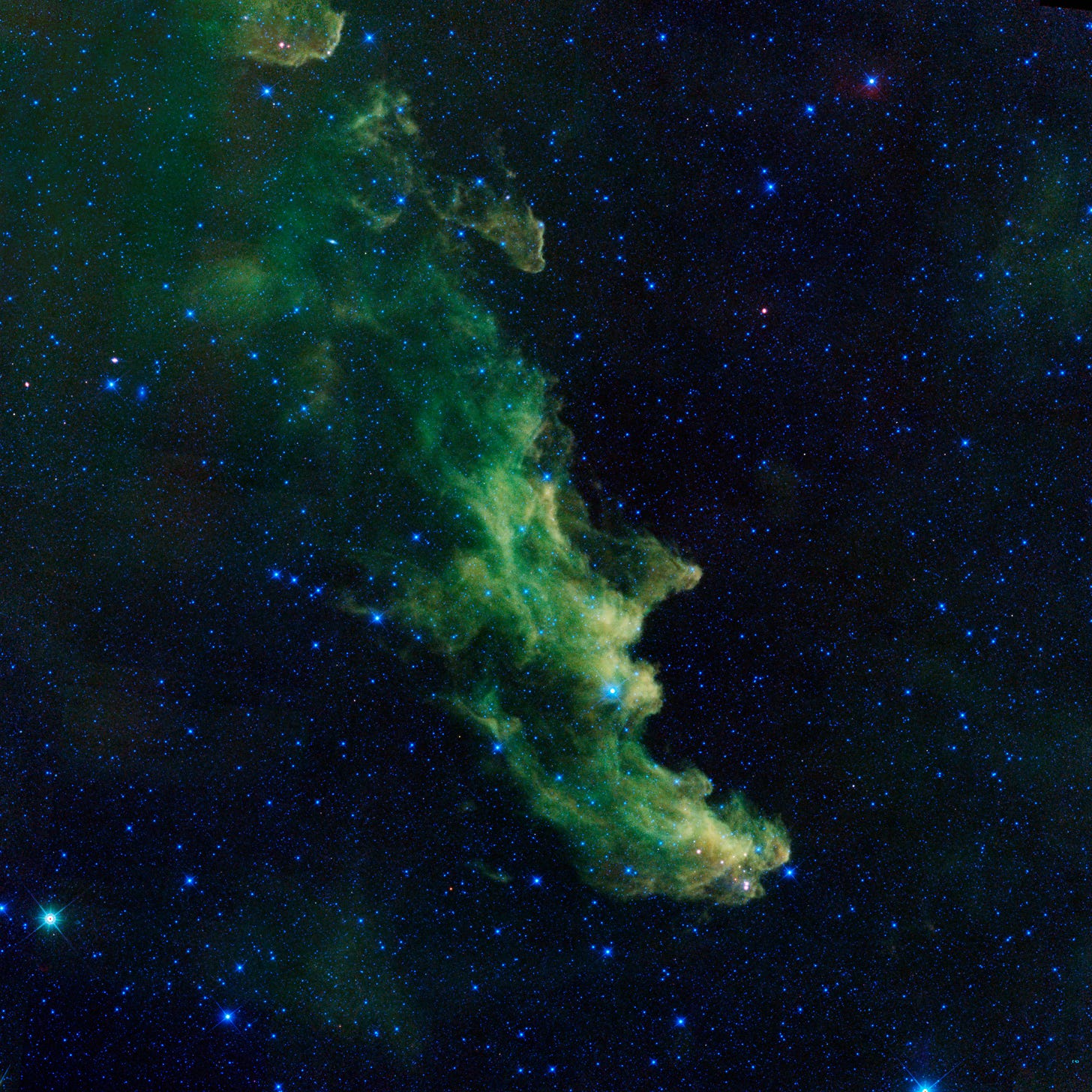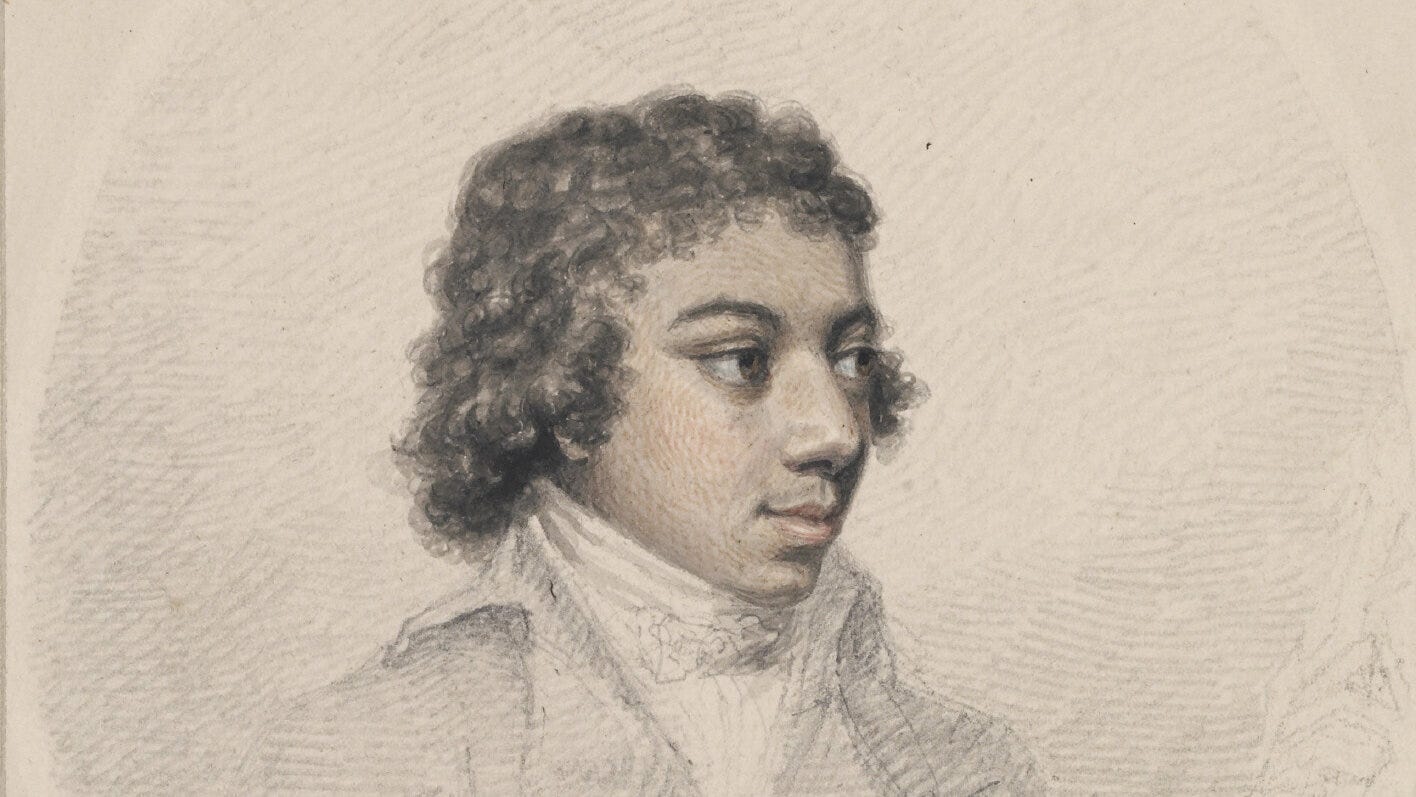
I’ve read so many powerful poems about poets’ personal lives, their lived experiences, and their worlds—their natural environments and the societies they live in.
These testimonial and observational poems are vital—expanding empathy and understanding, and attesting to times, places, and cultural practices that are lost to history (or may one day be).
But poetry can get a bit pigeonholed as “personal,” when its potential as a literary form is more expansive. For example, poetry can shine as fiction—telling a tale that draws at least in part from material outside of the poet's personal experience, scope, or worldview (though fiction is also still partly informed by a writer’s own experience, of course).
Here’s a quick-and-dirty, very incomplete survey of verse fiction, plus a writing challenge at the end.
Fiction and poetry have long been bedfellows.
Shakespeare made historical kings and fairies come alive in poetry that was performed on stage. Elizabeth Barrett Browning’s Aurora Leigh (1856) is an impressive novel in verse form.
Here’s the titular character arguing with her aunt after magnificently rejecting a proposal to marry—Aurora wants to have a writing career, which is not part of her suitor’s plan for her.
Pray Heaven,’ she answered, ‘that I was not mad.
I could not mean to tell her to her face
That Romney Leigh had asked me for a wife,
And I refused him?’
‘Did he ask?’ I said;
‘I think he rather stooped to take me up
For certain uses which he found to do
For something called a wife. He never asked.’
‘What stuff!’ she answered; ‘are they queens, these girls?
They must have mantles, stitched with twenty silks,
Spread out upon the ground, before they’ll step
One footstep for the noblest lover born.’
‘But I am born,’ I said with firmness, ‘I,
To walk another way than his, dear aunt.’Early 20th century popular poets were busy with fiction too—like Robert Service, who wrote entertaining stories in poem such as “The Cremation of Sam McGee.”
And that very night, as we lay packed tight in our robes beneath the snow, And the dogs were fed, and the stars o'erhead were dancing heel and toe, He turned to me, and "Cap," says he, "I'll cash in this trip, I guess; And if I do, I'm asking that you won't refuse my last request." Well, he seemed so low that I couldn't say no; then he says with a sort of moan: "It's the cursèd cold, and it's got right hold till I'm chilled clean through to the bone. Yet 'tain't being dead—it's my awful dread of the icy grave that pains; So I want you to swear that, foul or fair, you'll cremate my last remains."
Many contemporary poets explore fictional verse.
To name just a few works:
1992’s feminist epic, The Descent of Alette by Alice Notley
2018’s narrative folkloric poem The Lumberjack’s Dove by GennaRose Nethercott
Nikita Gill’s verse novels The Girl and the Goddess (2020) and the Doctor Who-themed The Angel of Redemption (2023)
Historical fiction finds a captivating home in poetry.
Rita Dove’s Sonata Mulattica tells the story of George Polgreen Bridgetower (1778-1860), a mixed race virtuoso violinist who got on the wrong side of Ludwig van Beethoven over a woman. These are real people, but she used fiction to craft their conversations and interiority.
Some poets work with history in a more general way, rather than basing their work around specific historical figures. Ilya Kaminsky’s book Deaf Republic (2019) creates a fictional setting based on the history of eastern Europe and the former Soviet Union and brings to life a fictional town undergoing violence based on very real conflicts in places like Ukraine.
Thylias Moss’ book Slave Moth: A Narrative In Verse (2004) tells the fictional story of a young enslaved woman in the antebellum (pre-Civil War) U.S. south. It’s based on historical fact about the time and the place, but the specifics are imagined by the poet.
Writing Challenge
Write a poem about something outside of your own experience and outside of strict reality—imagine a place, time period, event, and characters.
I’ll offer encouragement and feedback to anyone who submits a poem (you can submit as a comment below, or to me directly at ecblair@gmail.com).If you’re feeling stuck, here are some prompts:
Legendary: Select a myth or legend and re-tell it in your own words, in poem form. Don’t just reiterate the main plot though - bring at least one character to life by writing about their interiority (thoughts, feelings) and include a dialogue between two characters.
Poetry Portrait: Create a completely new character named Z and write a poem describing what Z is like. What do they look like? What species are they? How do they dress? What are Z’s mannerisms, habits, how do they move? Paint a gloriously realistic portrait of Z through poetry, using tools like metaphor, simile, and sonic devices.
Alternate History: Imagine if history had unfolded differently. Maybe the war of 1812 actually resulted in the creation of an independent Indigenous nation in North America. Maybe your grandmother never met your grandfather, but instead had a spy career that took her traveling around the world on a blimp. Write a poem that describes one scene, or one day, in this alternate historical world.
Imagined Future: It’s the year 2089 and the setting is Antarctica. Who is there? Why? What’s happening? Write a poem that is a dialogue or description of an event or a day in this world.
Ekphrasis: Write an ekphrastic poem ( a poem that describes or is based on a work of visual art) describing the photo below—such as what the pictured machinery below is for, or an event that takes place in this scene.








Not Searched For
Persephone went missing
one day.
Demeter shrugged:
"I never wanted a daughter
anyway."